Qatar Should Not Have Hosted the World Cup
January 24, 2023
Leading up to the recent World Cup, Qatar was undoubtedly a controversial host. Their human rights record spawned protests by players and fans, further tainting the reputation of FIFA. Given the controversy, which countries should be chosen to host future World Cups?
As FIFA prepares to pick the 2030 World Cup host next year, it’s worth considering why Qatar and even Russia in 2018 were so unfit as World Cup hosts. It is common practice for supporters of Qatar to claim hypocrisy, that Western nations like the United States have committed equally—if not more appalling—crimes, yet are not receiving criticism for hosting one of the world’s biggest events. This argument neglects two key aspects: Qatar currently continues to commit crimes against humanity, and they have suppressed free speech at every level.
First, Vox has described Qatar’s anti-LGBTQ+ policies as “draconian,” and for good reason. Today, homosexuality is punishable by sentences ranging from jail time to death by stoning. Moreover, Qatar also maintains a “Preventive Security Department” that detains and physically abuses LGBTQ+ Qataris. Similarly, in Russia, Putin’s government continues to expand the scope and reach of its anti-LGBTQ+ laws.
This level of human rights abuses is systemic and widespread. Nations like the United States (2026 hosts) and Spain (potential 2030 hosts) have certainly engaged in large-scale atrocities, but not in the recent past. Qatar was unfit to host the World Cup, not because they have committed crimes against humanity—nearly every nation has, at one point—but because they currently are denying civil rights and persecuting LGBTQ+ Qataris, migrant workers, women, political dissenters, and others.
Second, a future World Cup host country should honor freedom of speech, not stifle it to the extent Qatar did. Even after pressure from the international media, Qatar chose to continue to suppress not only its own citizens but foreign citizens as well: They banned the English and German national teams from wearing a “One-Love” band with an LGBTQ+ pride flag on it, and they asked Grant Wahl, the American journalist (and many other attendees) to change out of their “political” attire that merely had the rainbow pride colors.
Fans and players at future World Cups should feel comfortable with their identities at the World Cup. While the World Cup doesn’t need to be over-politicized, a basic level of freedom to speak out (especially by fans) should be expected to be protected by its hosts. Very few World Cups prior to this year have ever systemically stifled freedom of expression to the extent Qatar did late last year.
These two factors are what made Qatar much more unfit to host the World Cup than a nation like the United Kingdom or the United States, both of which certainly have had a history of human rights abuses. Yet, to this day, Qatar remains unapologetic in its engagement in crimes against humanity and suppression of free speech.

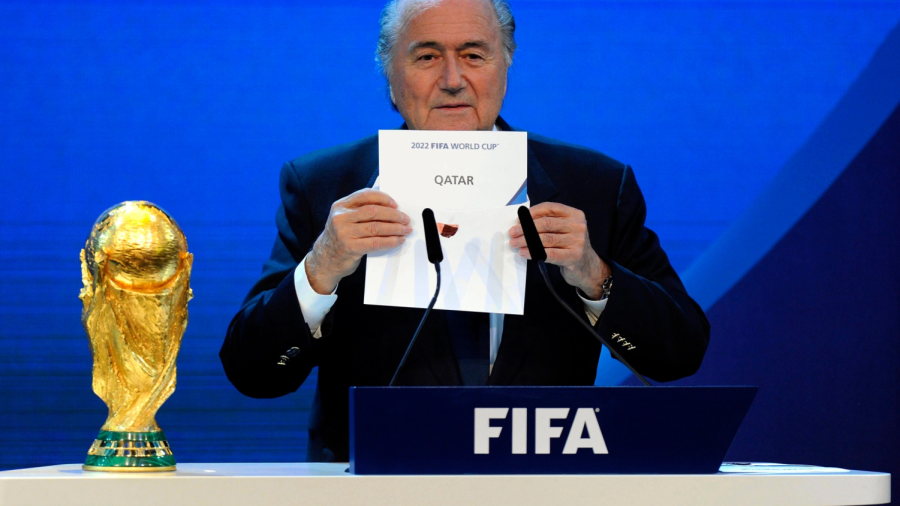



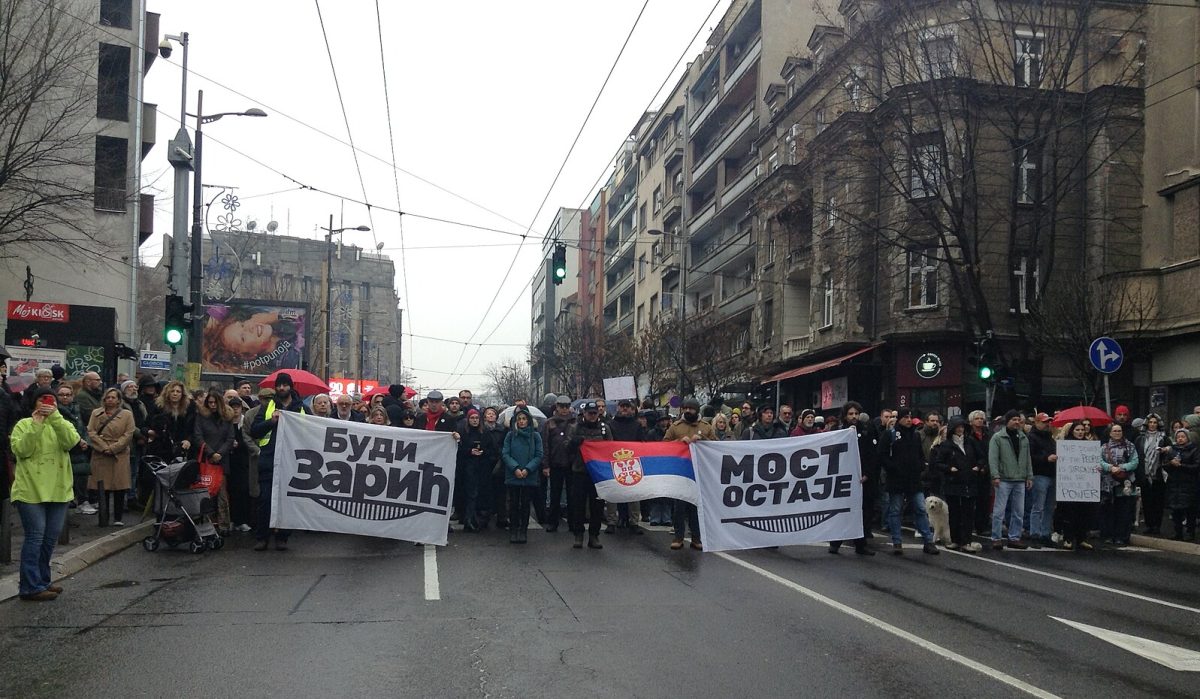

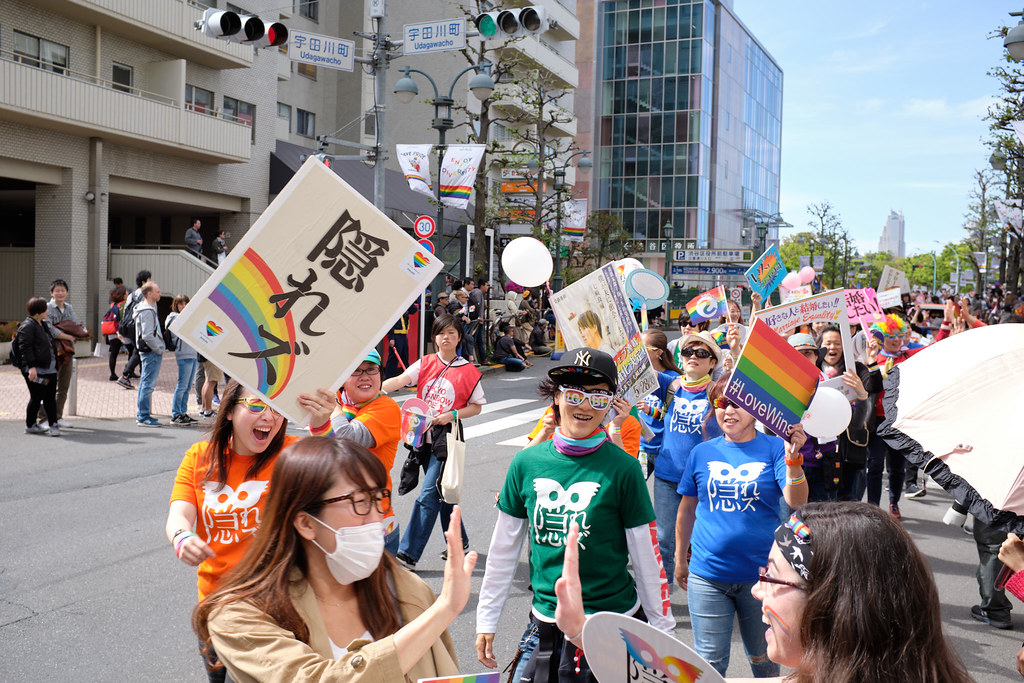









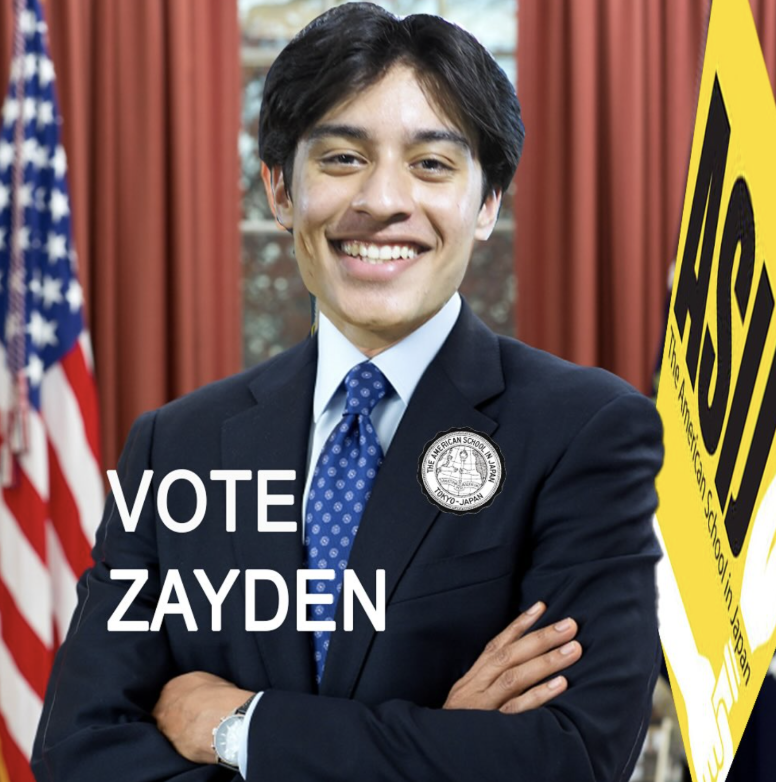
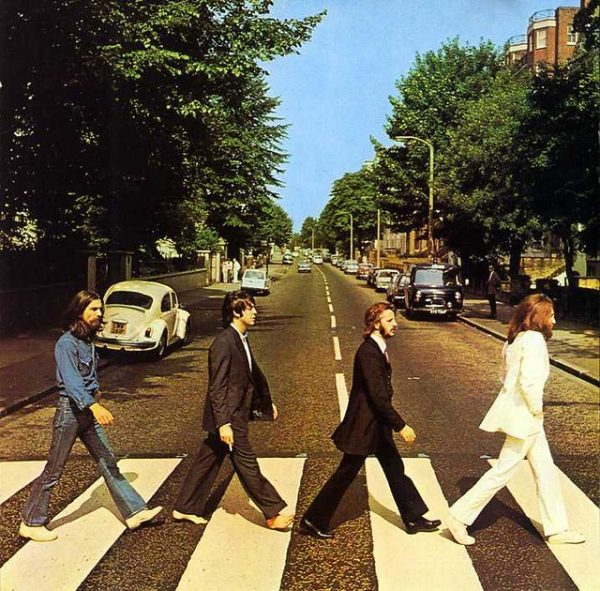

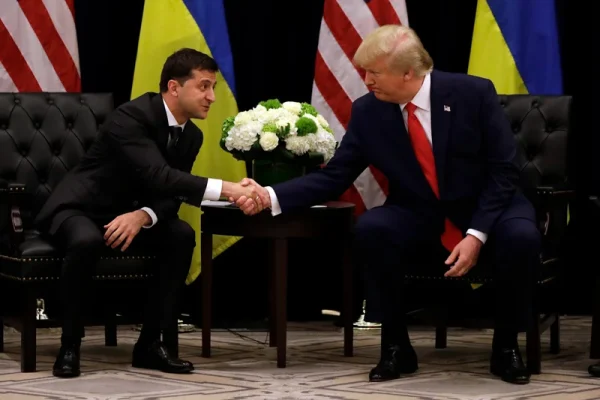
Umi • Jun 1, 2023 at 2:50 PM
Thank you for the intersting article, and it was fun reading it. I have heard of this opinion before, but never went into this that deep. Now I can clearly see why people have said that they do not this Qatar should not have hosted the World Cup. The LGBTQ+ laws and how these hosts are not following these laws depicts problems within this tournament. Doing more research, getting inspired, I have also seen that there are economical issues as well in Qatar. I hope FIFA would be able to find good hosting country in the near future!